These hatchling robins, not over two days old, were removed by a disreputable freelance construction worker. I had hoped to get the name of his company so I could let Middle Georgia folks know who NOT to use for their construction work, but he apparently isn’t affiliated with a company and the person who rescued the babies after seeing their nest ripped out and dumped didn’t know the man’s name, or I’d shame him individually. It seems Mama Robin had built her nest in a hole in a soffit and rather than waiting a mere two weeks for her to successfully fledge her babies, the jackass tore the nest out and sealed the soffit. There was NO excuse for tearing down this nest; it’s also a violation of federal law to disturb an active nest. However, I have no name to report to the feds.
You can see in the close-up photo below that these babies still have egg teeth, the “picks” on the ends of their beaks that help them break through the eggshell as they’re hatching. They were heartbreakingly young, which lowered their chances of doing well in rehab, and they actually died overnight. A nest full of dead babies is NOT a pleasant thing to find first thing in the morning, and it could have been avoided if the jackass pseudo-construction worker had just left the nest where it was for two measly weeks. Honestly, this sort of wanton lack of any shred of human decency makes my blood boil.
Early last week, a lady brought LWR a near-fledgling chickadee that she’d found on her doorstep near dark. The next morning she returned with a sibling she’d heard peeping outside her door around midnight. She didn’t see a cat in either instance, but I started meds just in case. Sadly, neither of the adorable little birds lasted 24 hours; the second one died within an hour of arrival.
The second adult GHO is still not showing any improvement in flight ability, which doesn’t bode well for her future, especially now that space is at a premium around here. With branchers needing to be in the raptor flight, I don’t have the luxury of letting her sit out there for the next several months. I’ll look into transferring her to another raptor rehabber, but this time of year, we’re all pretty much in the same boat when it comes to lack of space.
A young Canada gosling was rescued from a snapping turtle and brought to LWR. His right leg was stripped bare of skin, exposing muscle and tendons. Vet Peggy Hobby and I agreed euthanasia was the kindest option, but the poor fellow checked out on us before we could euthanize. The photo below was taken post-mortem.
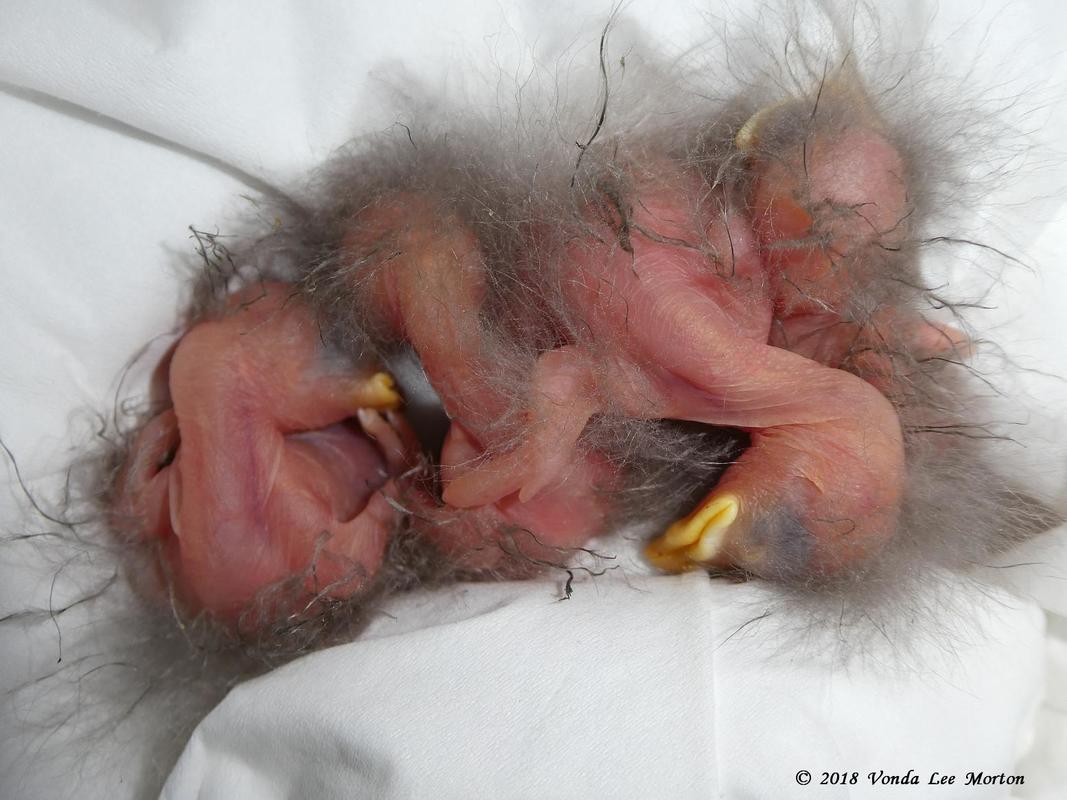
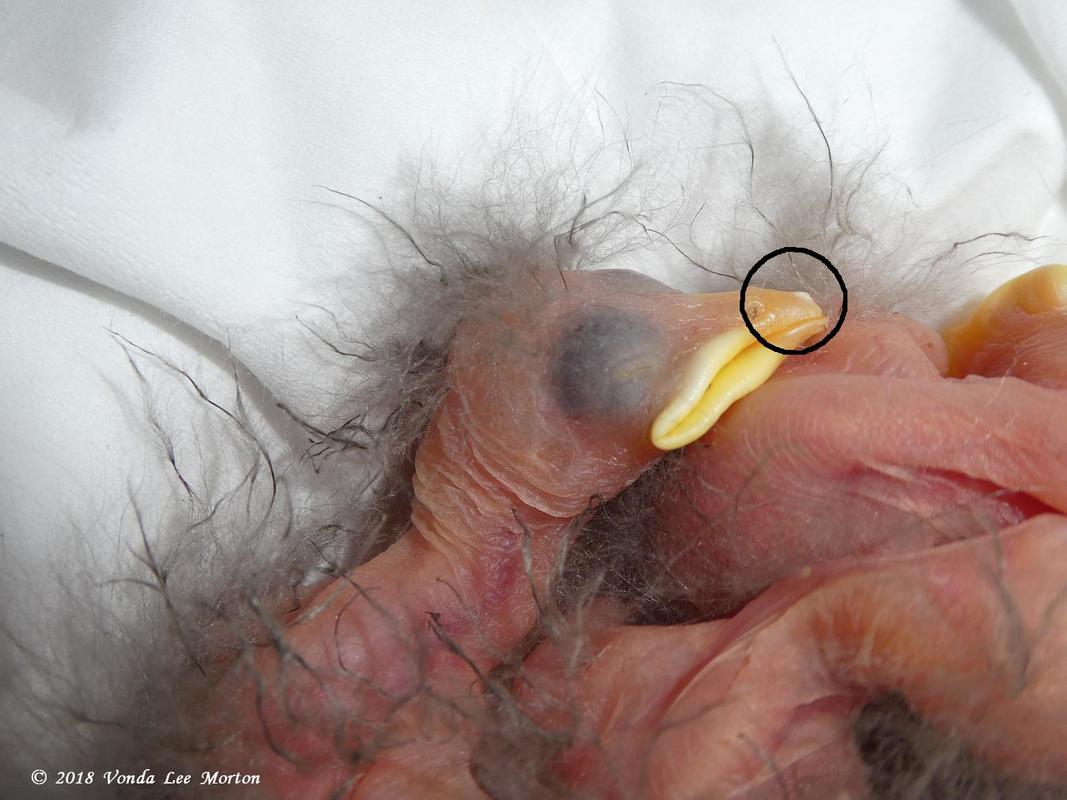
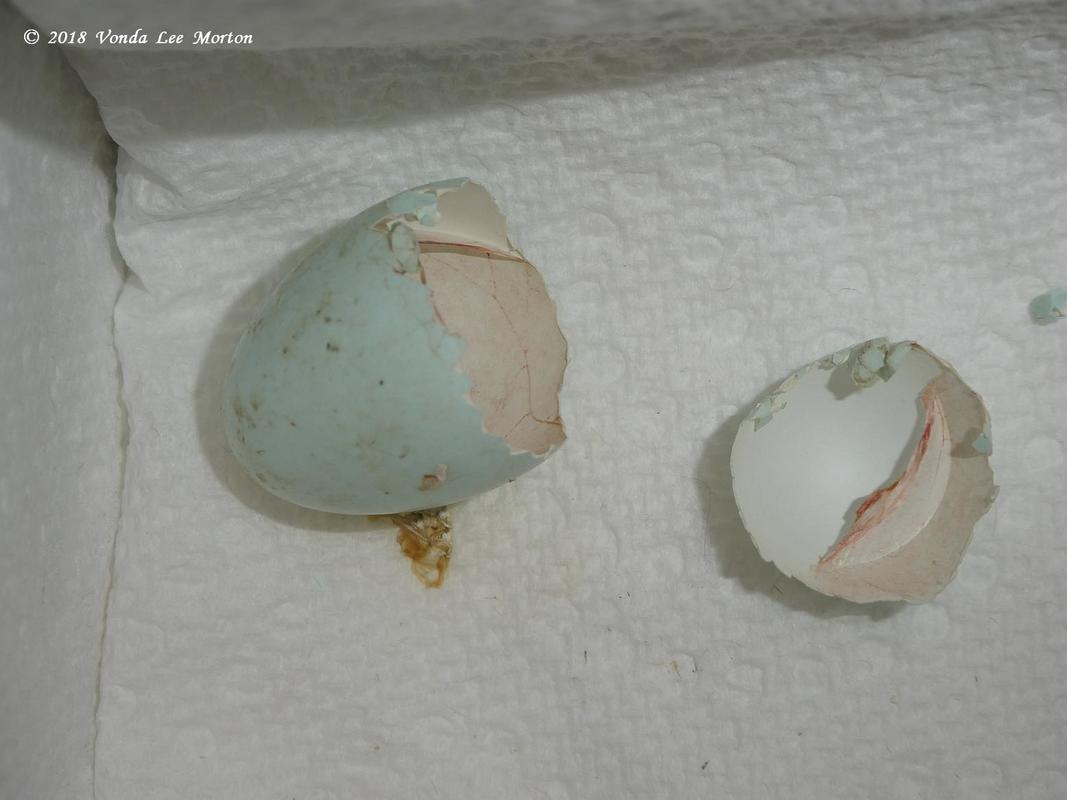
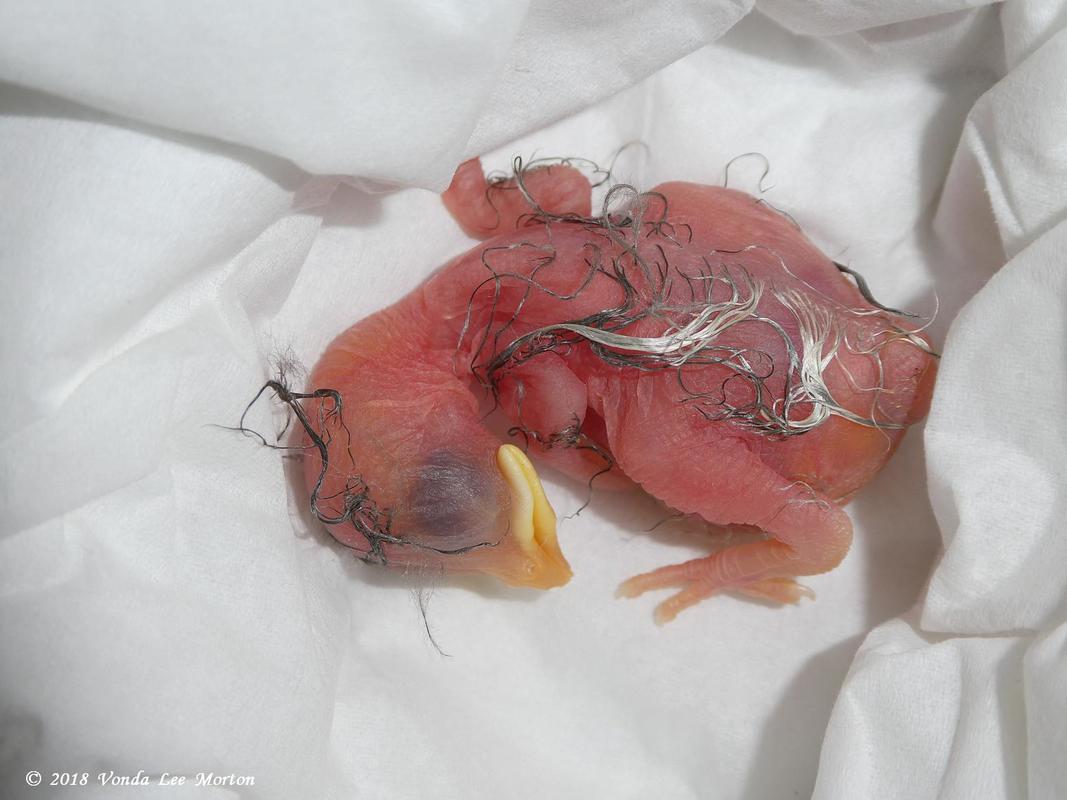
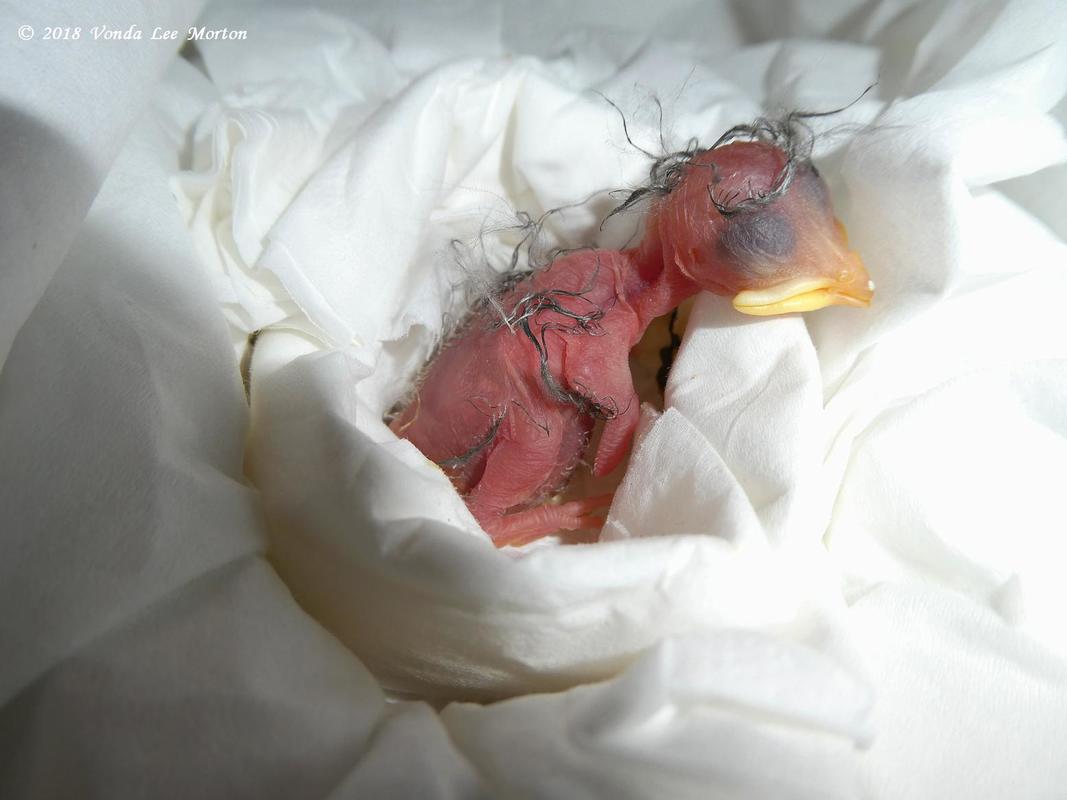
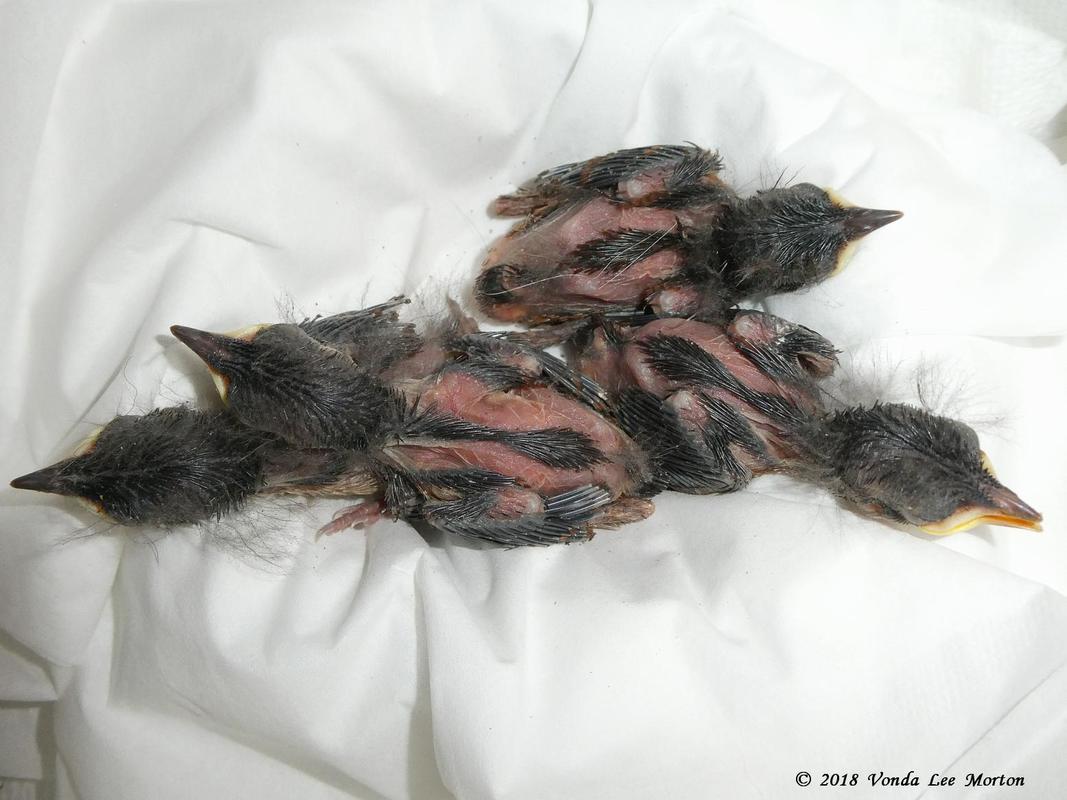
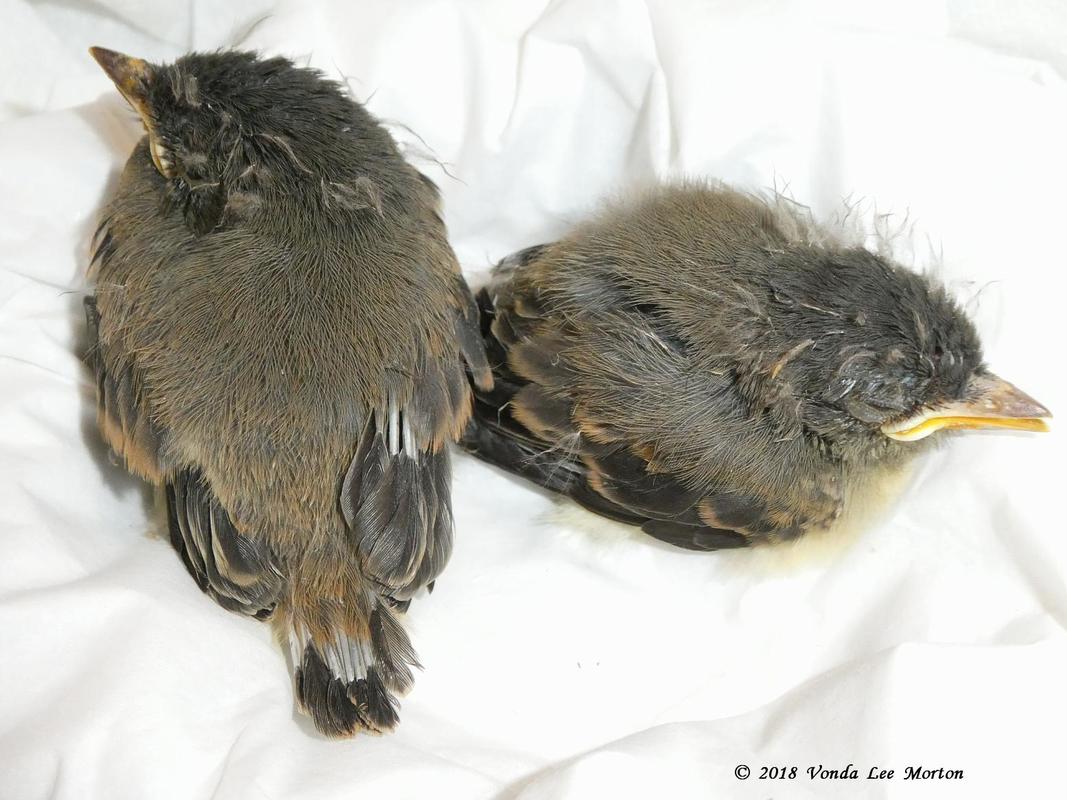
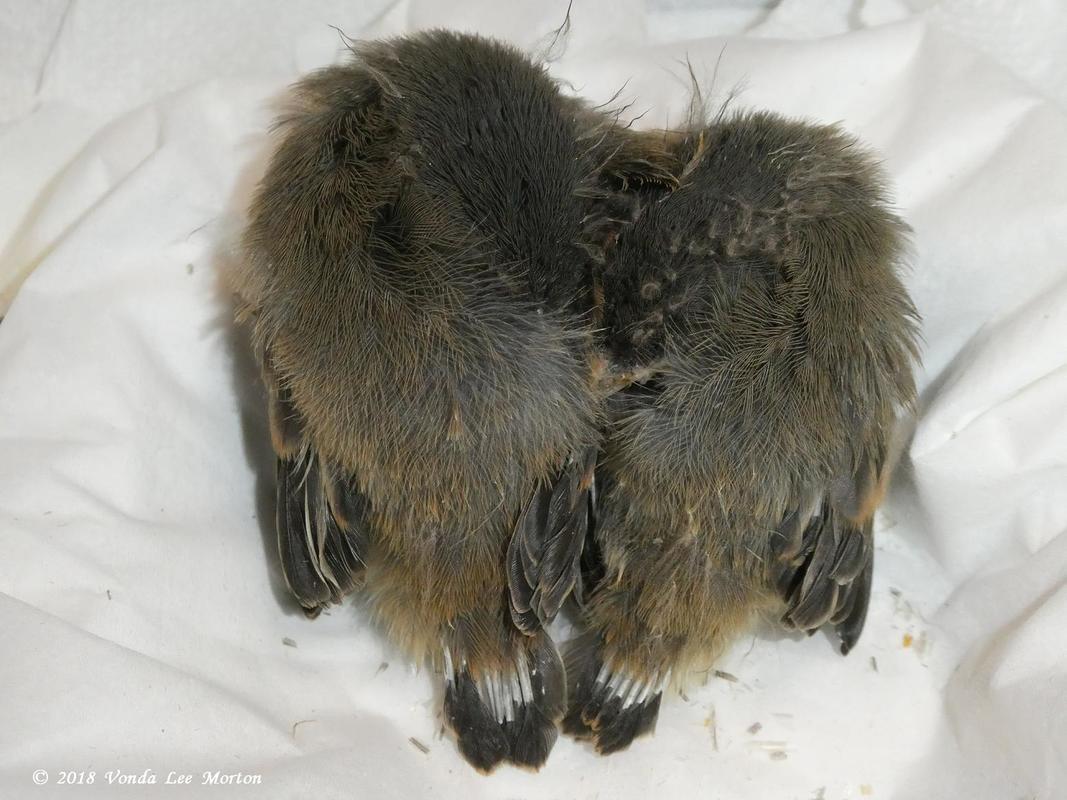
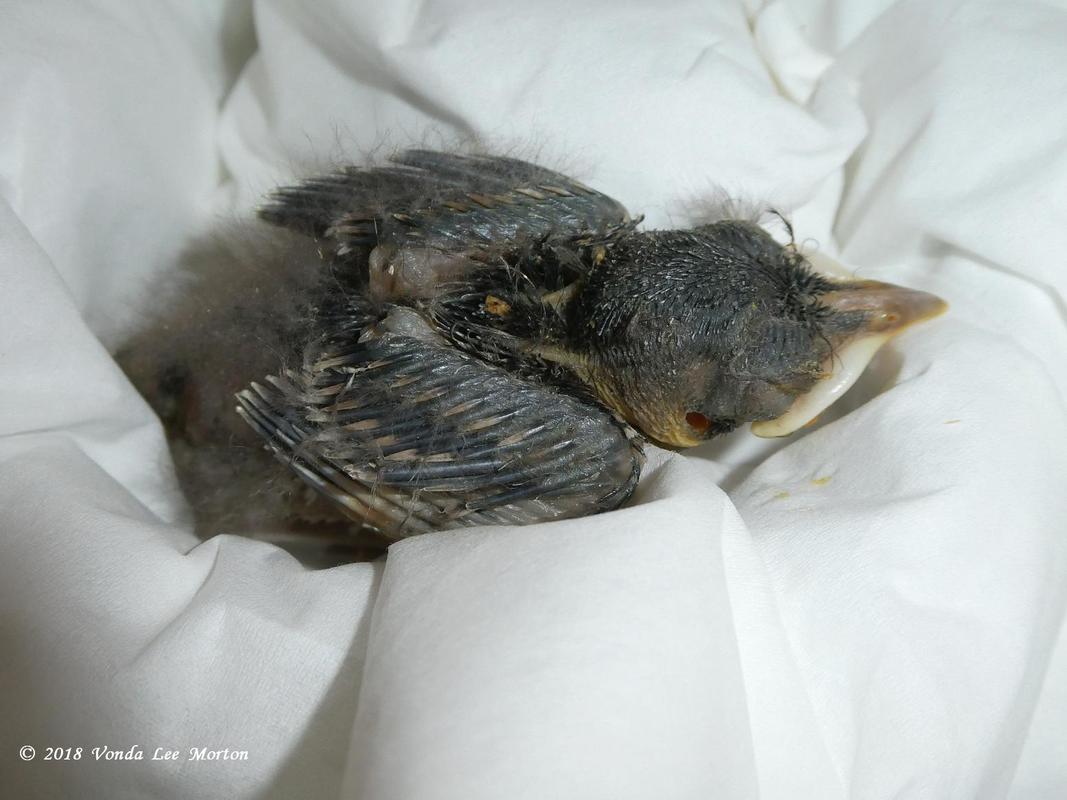
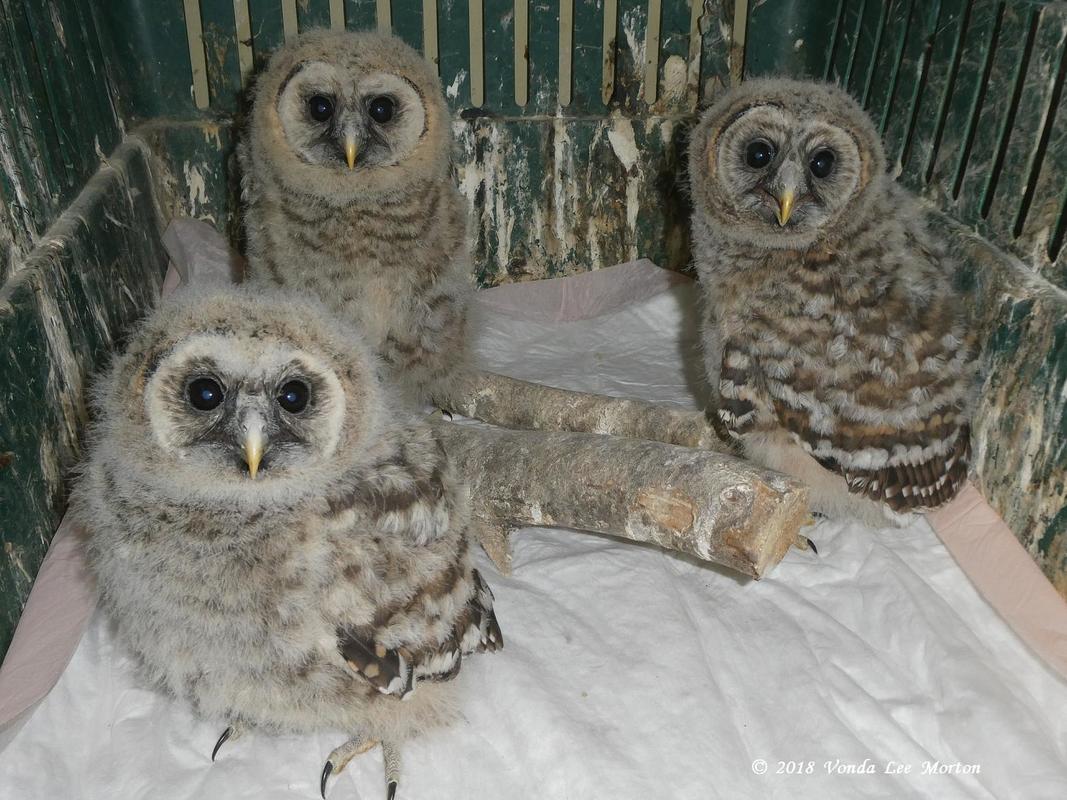
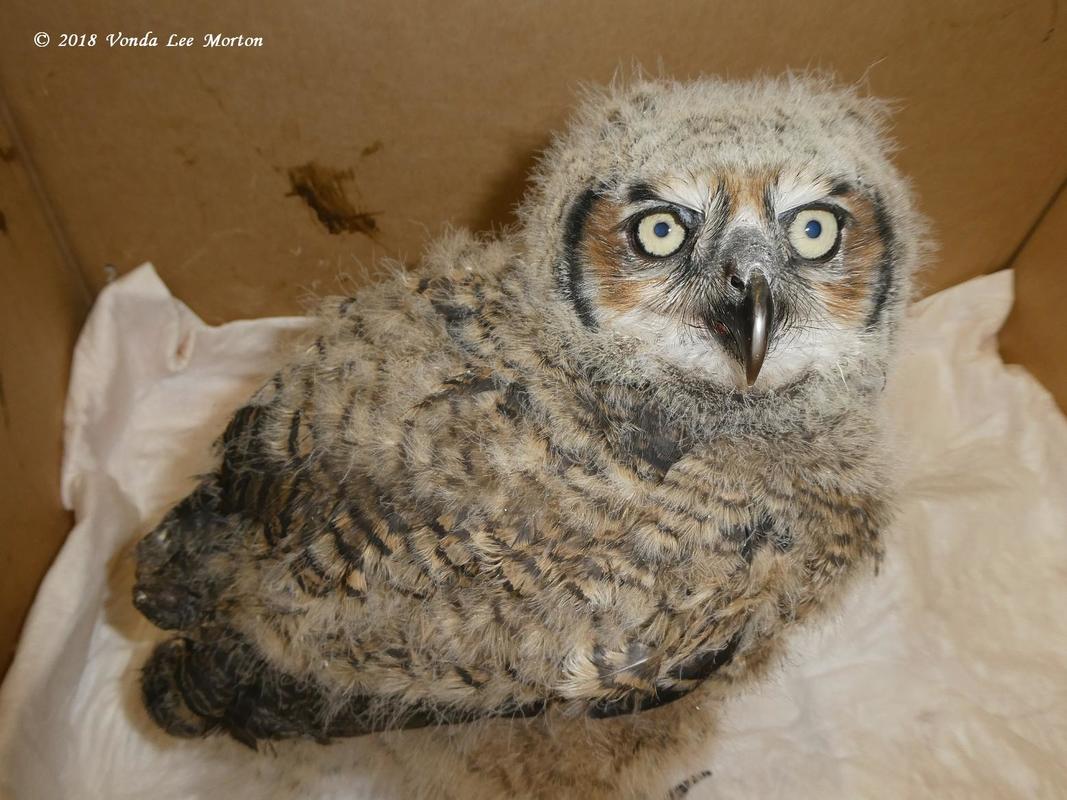
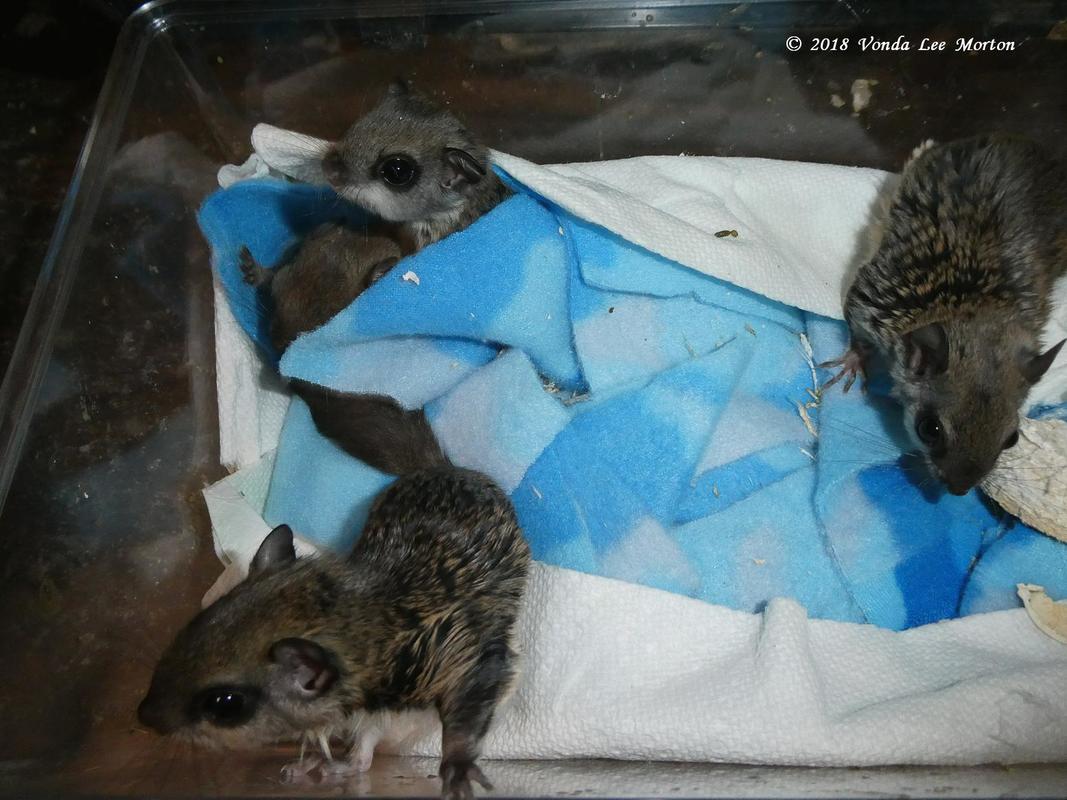
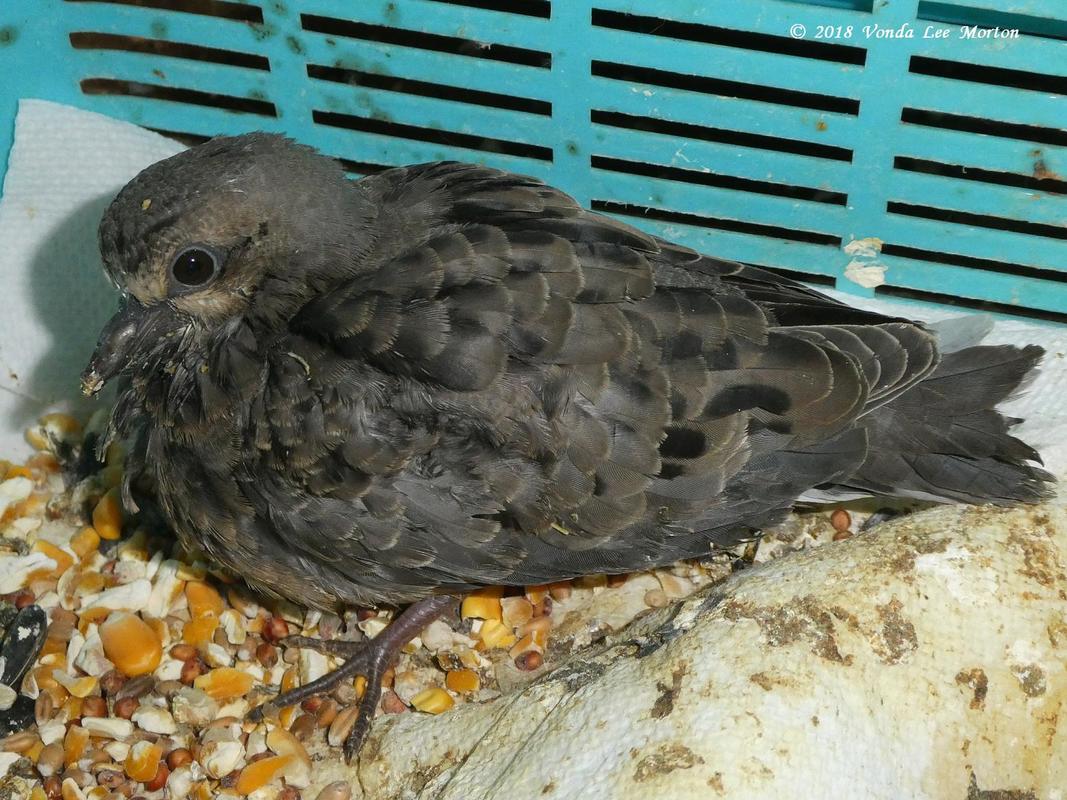
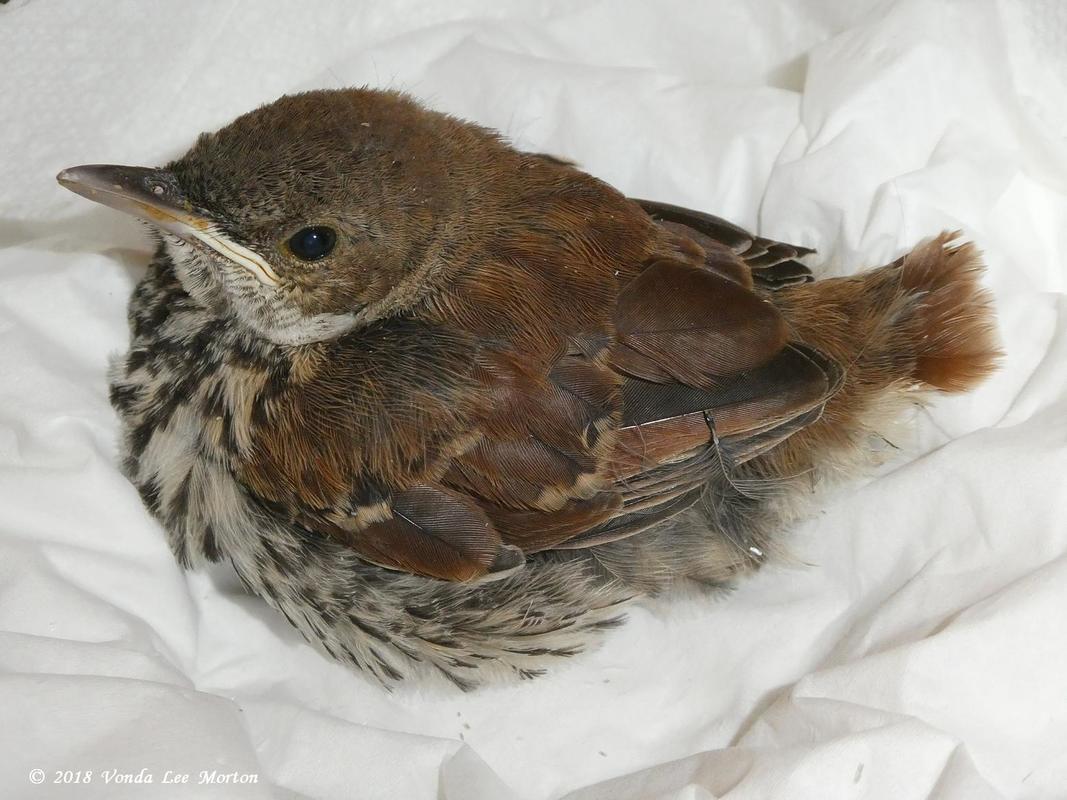
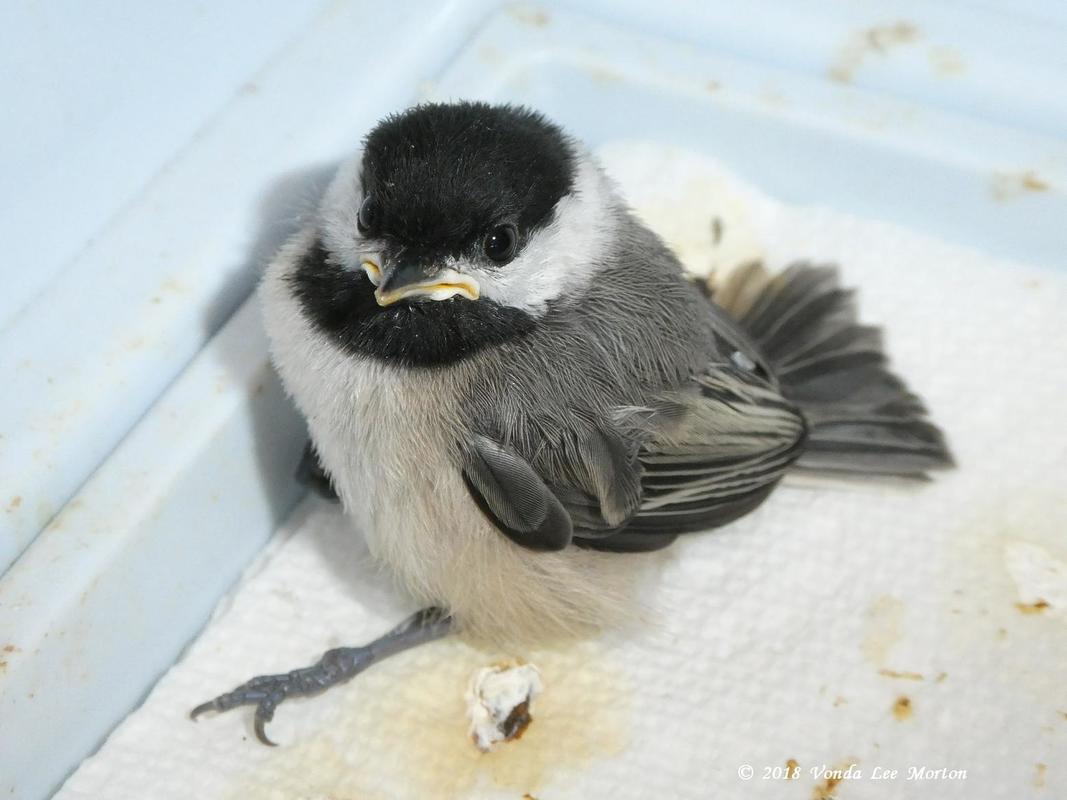
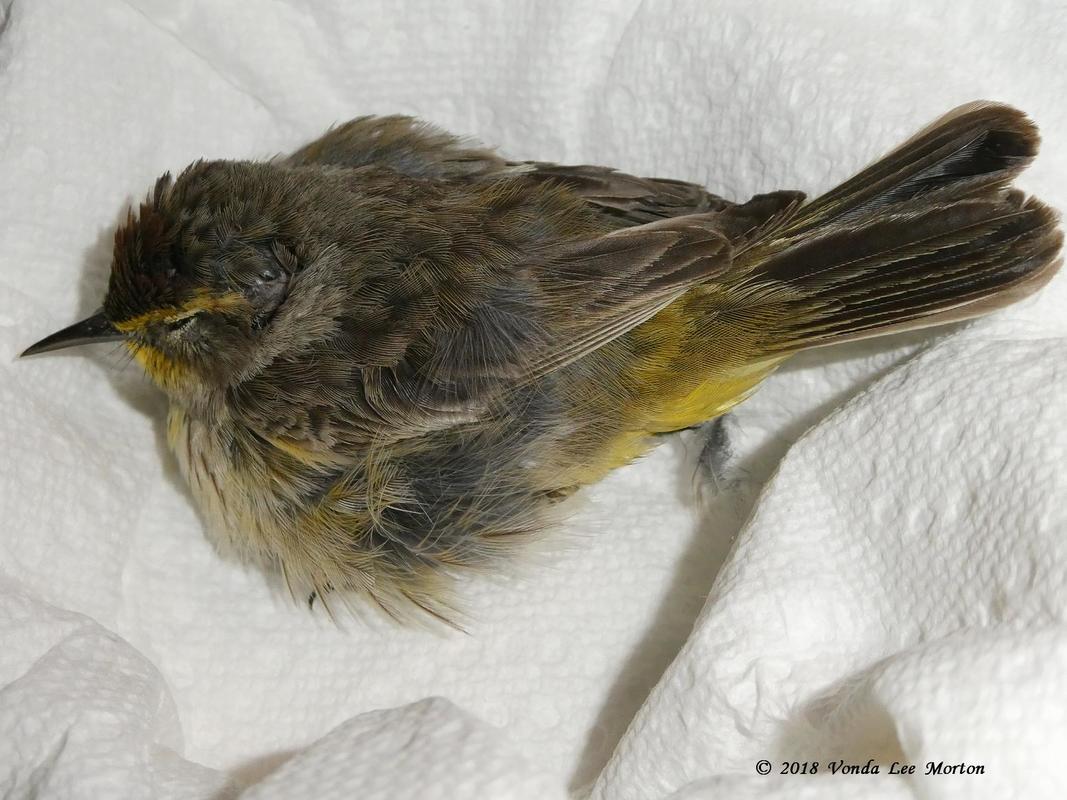
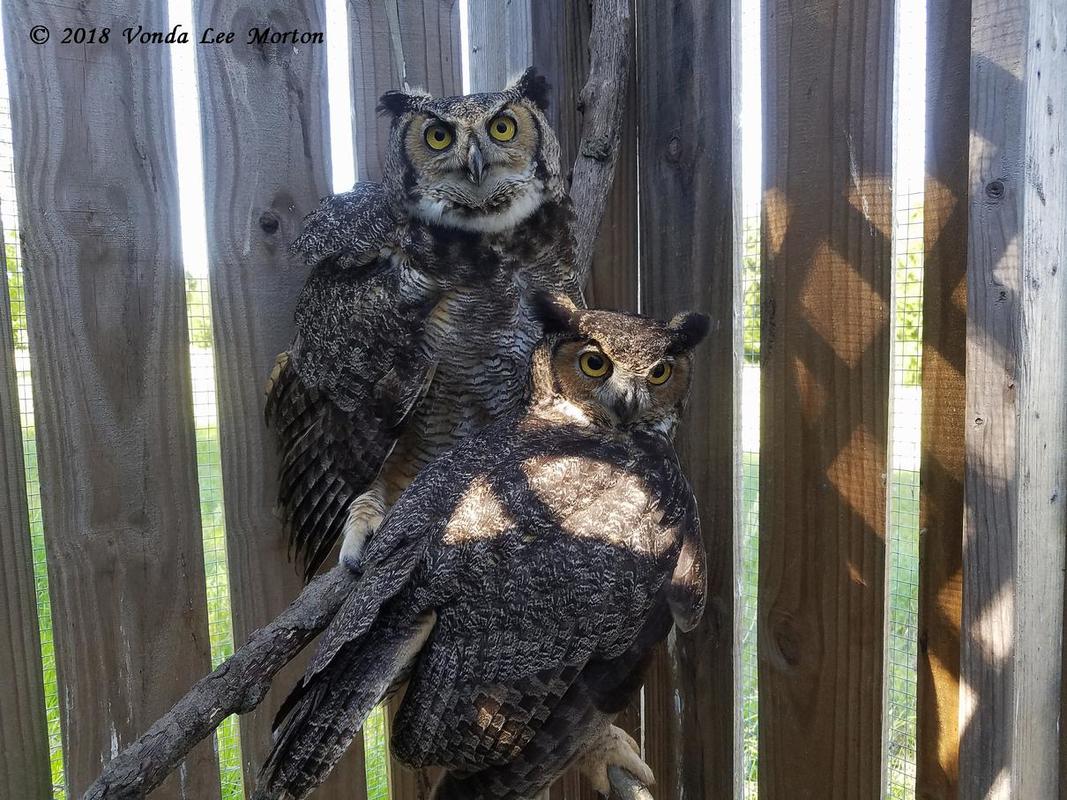
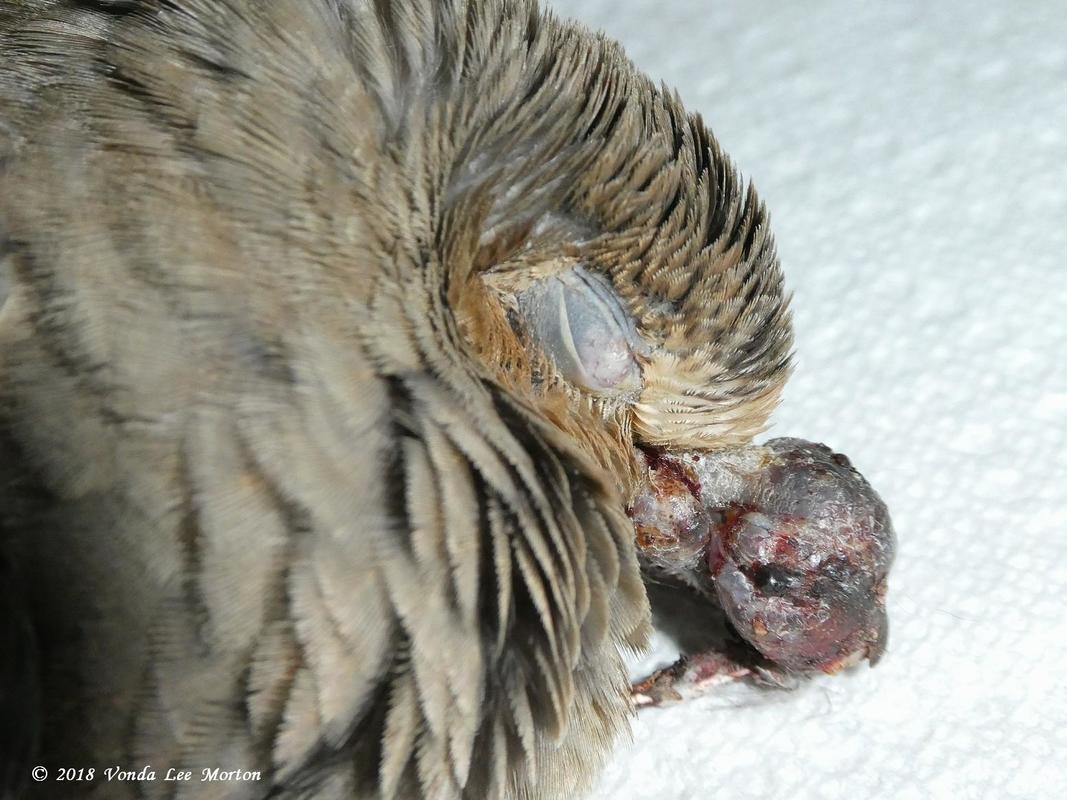
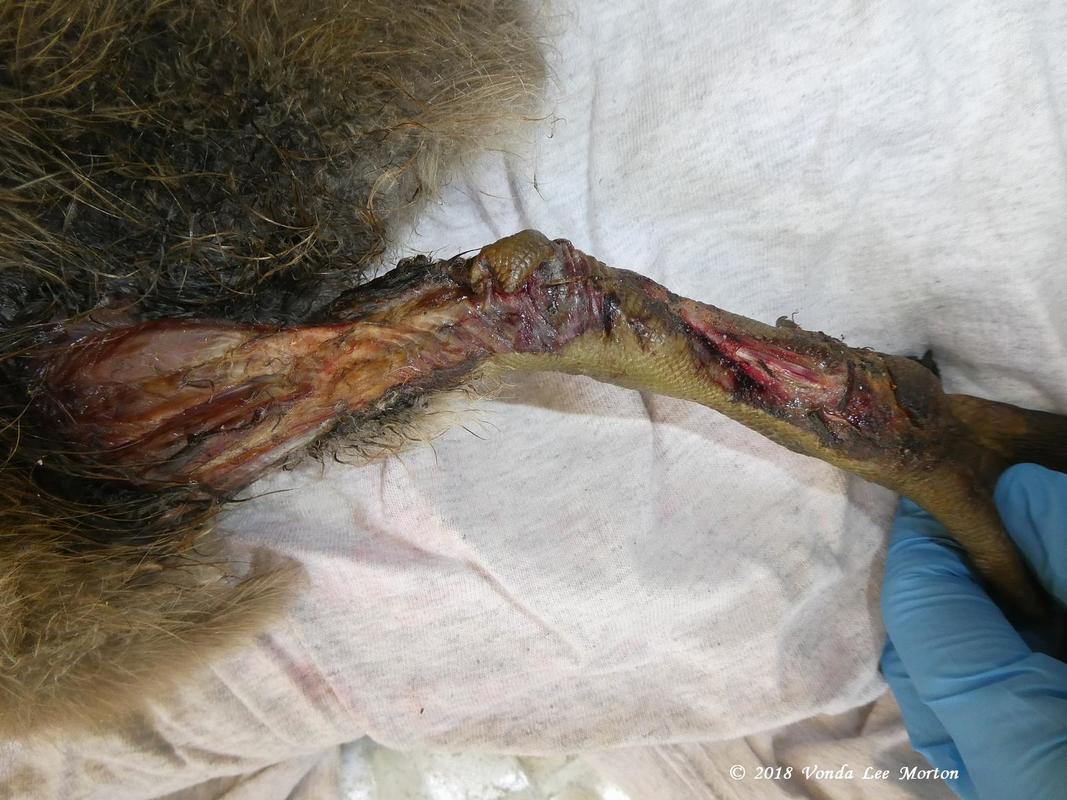
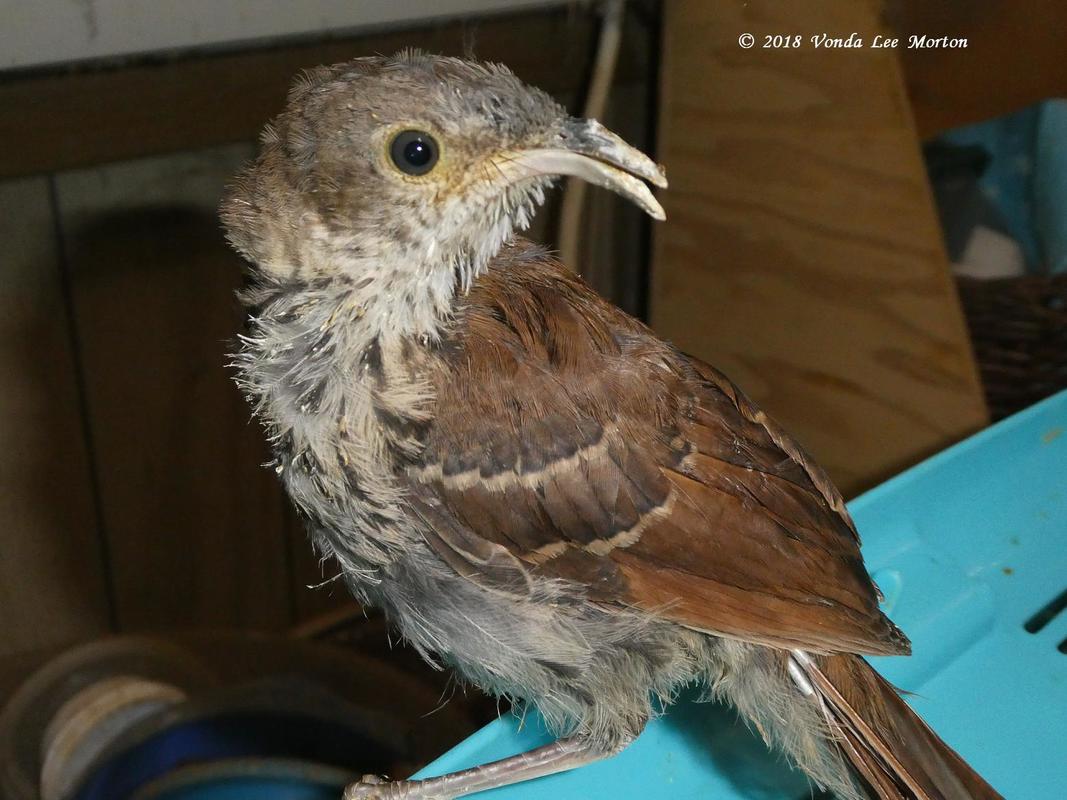
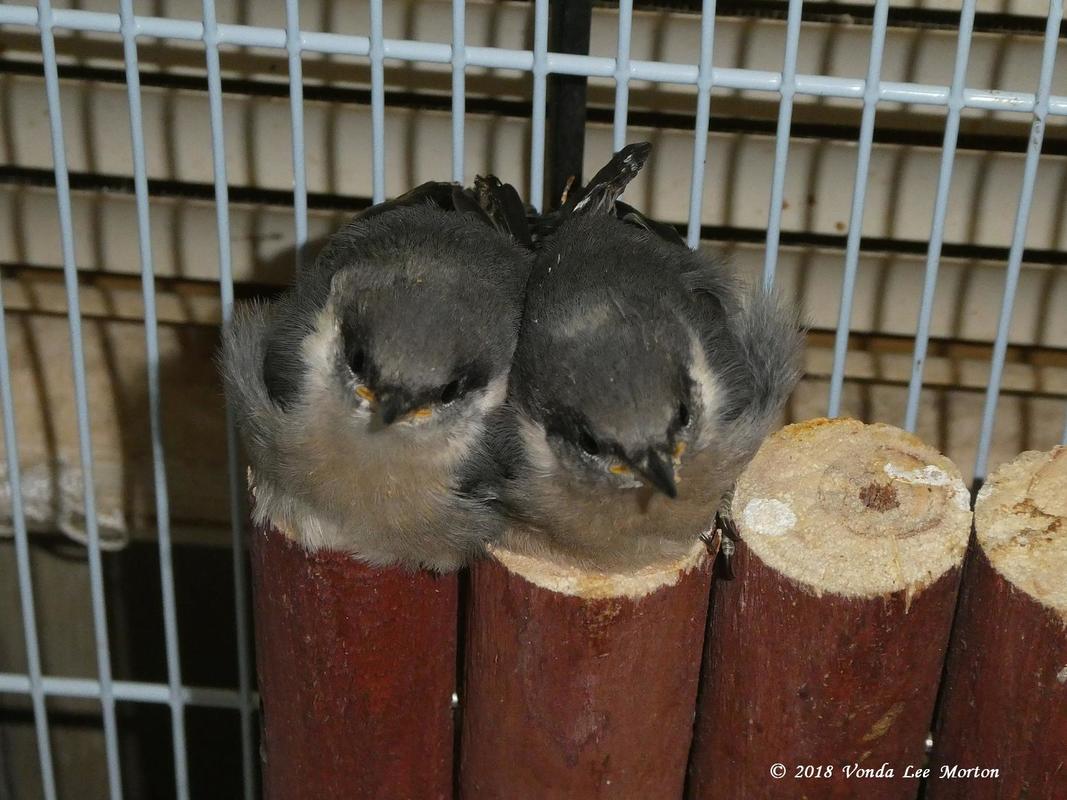
 RSS Feed
RSS Feed
